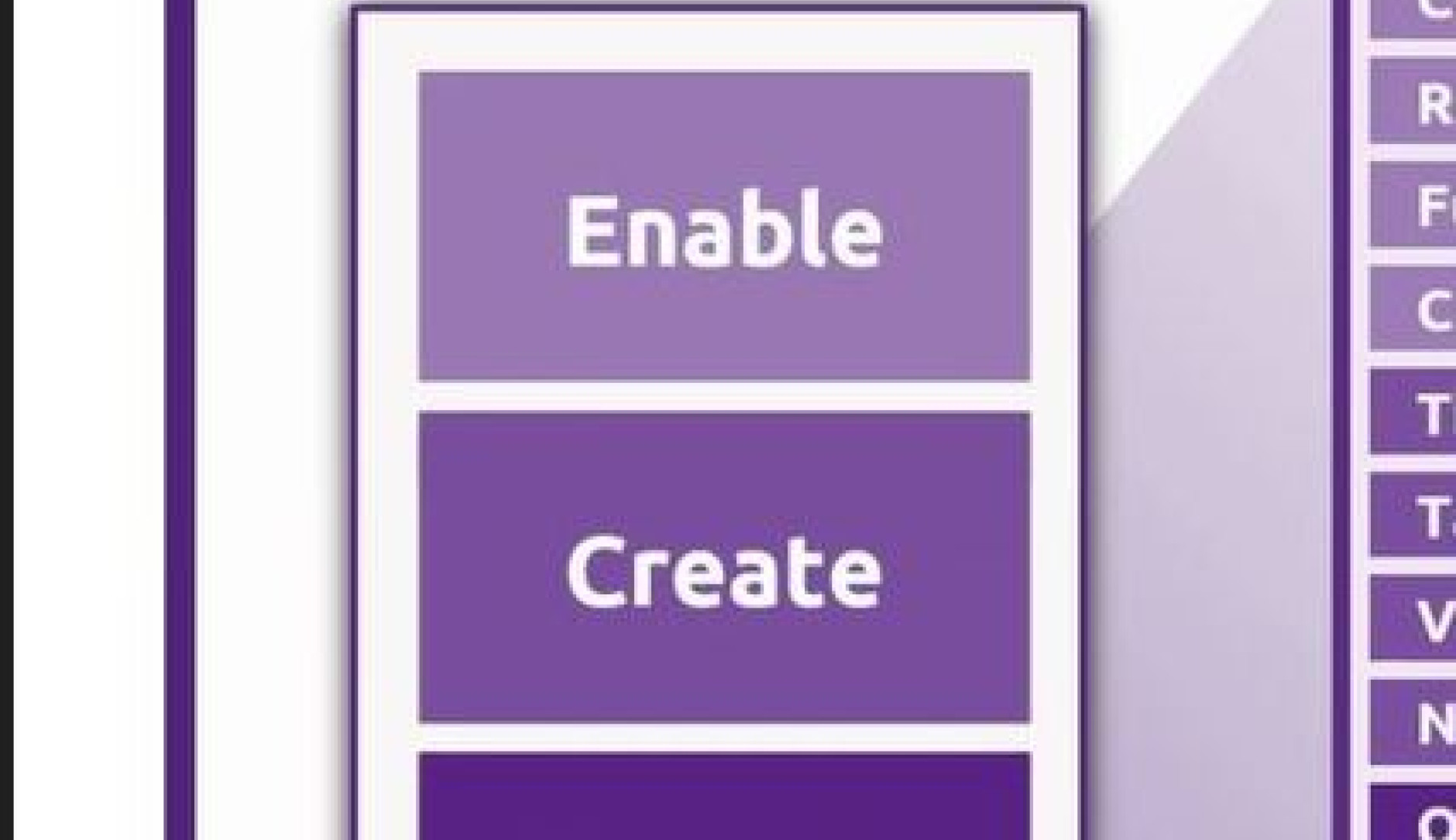Shine 29 and Volt’s Path to an Efficient Pan-European Structure
Volt Europa’s online General Assembly on 28 June 2025 focused on strategic development and organizational improvement across our chapters in all of Europe. The main themes: the presentation of Shine 29, Volt’s roadmap for the coming years, and efforts to build a more efficient and cohesive European structure.

Leadership and Financial Matters
The GA opened with administrative topics. Rodoula Demetriades introduced herself as the candidate for the position of non-Executive Board Member of Volt Europa. While the vote is still ongoing (until the evening of 29 June), her confirmation is highly likely due to the absence of other candidates.
Treasurer Christophe Quirynen presented Volt Europa’s 2024 annual financial accounts, which were submitted to the community for approval.
Shine 29
Janko Heineken and Sebastian Lemanczyk outlined Shine 29, Volt Europa’s strategic roadmap for the next four years and beyond. A key milestone: achieving full Europarty status. The broader goal is a united, federal, and democratic Europe.
A major theme of the presentation was the urgent need for improved communication across all levels of the organization. Volt’s new internal communication platform, Haiilo, is expected to address the currently fragmented and often chaotic internal communication. Thomas Lambert gave a practical introduction to Haiilo during the final part of the event.
While Shine 29 provides helpful direction, one could note that more transparency about its development—such as who contributed to the strategy cycle—would have been welcome.
Internal Audit and Structural Imbalances
Johann W. von Krause presented the report of the Internal Audit Commission for FY 2024. Among others two structural challenges were highlighted:
The Disproportionate national representation, because most members are from the Netherlands and Germany, which raises concerns about internal democratic balance, and statutory misalignment. The statutes of Volt Europa and its national chapters are not always harmonized. Moreover, joining a national chapter automatically confers Volt Europa membership—without Volt Europa having direct input in the process.
The GA also marked the end of the term for Benjamin van der Kwaak and Johann W. von Krause, leaving Leonardo Peppel as the sole internal auditor for now. New elections are expected at the upcoming GA in Frankfurt.
Governance Reform and other tools
Tetske Welling outlined a planned overhaul of Volt Europa’s governing documents—including the Statutes, Internal Rules, and the Integrity Syllabus—to better harmonize structures across all chapters. In this context, Jochem Sprenger explained how different types of membership affect Volt’s evolution into a Europarty.
The GA concluded with the presentation of the newly developed Elected Officials (EO) Handbook and Code of Conduct, designed to provide practical guidance and ethical standards for Volt’s officeholders and the above mentioned presentation of Haiilo.
Closing reflection:
The online event had an average of around 150 devices logged in to the livestream (based on several checks). Though scheduled to end at 14:00, it ran an hour over. Many presentations featured dense, crowded slides, which made it difficult to follow the content and engage at the same time. Asking questions in the live chat was therefore challenging. No discussion was sparked.
It was an informative event, but one without space for political debate. The recording is helpful for understanding what’s happening in Volt Europa and how to use Haiilo. In my ideal world, we would have this type of GA as a preparatory session before holding a real GA with space for open, informed discussion.
(text: Ulrike Fuss)